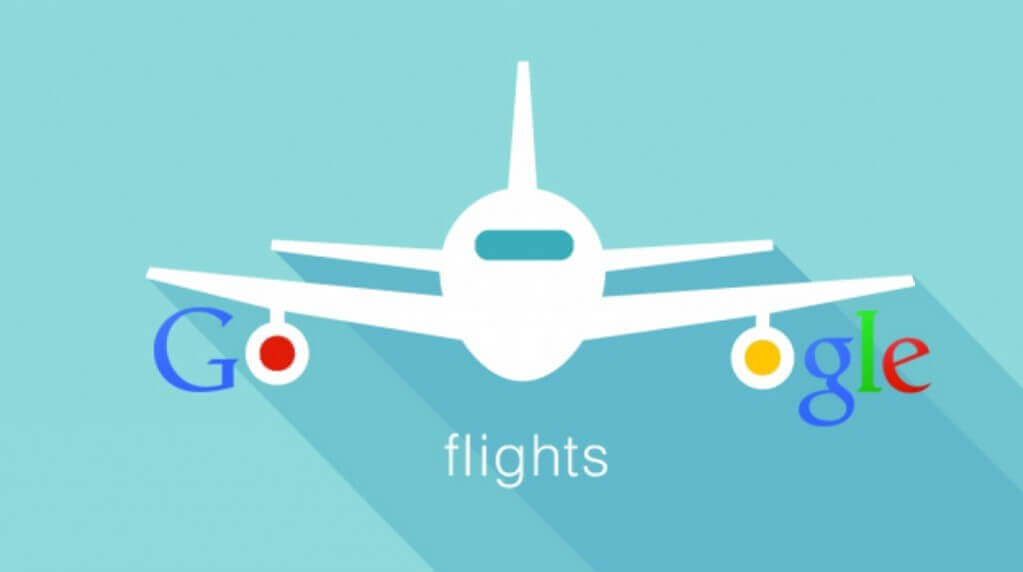
While Google is busy moving up the trip-planning funnel and perfecting the customer experience, there are questions the industry wants answering.
‘How do you get from Paris to Berlin?’ ‘What is the cheapest flight to New York?’ ‘Rustic holidays, Brazil’, ‘Best boutique hotel deals in Corsica’.
You name the travel query, and somebody will have ‘googled’ it, but does the search giant always deliver the answer the customer wants? Not always, but with products like Google Flights, Google Hotel Finder and Google Trips it is certainly working on it. No surprise there! According to World Travel and Tourism Council (WTTC), the travel & tourism industry’s contribution to the global economy stood at around $7.2trn in 2015 – and it’s accelerating.
Google already has a big stake in this pie with an estimated $12.2bn of its 2016 advertising revenues coming from heavyweights Priceline, Expedia, TripAdvisor and Airbnb. Until not that long ago these relationships were considered win-win, arguably even for the consumer, but with Google’s recent moves up the trip planning funnel, the travel industry has started to feel, at best, a little uneasy – as we heard at the San Francisco Summit earlier this week (see the Day 2 event round up).
EyeforTravel attempted to secure an interview with Google VP of Engineering Oliver Heckmann, who seems to have been made the spokesperson for this multibillion-dollar vertical, to put some of the industry’s concerns to him. But it seems he is too busy developing new Google products; one of the latest, a new package tours product for Europe, a segment that already has some well-established players such as Thomas Cook, TUI, Kuoni etc. [On this score, worth noting is that Google has recruited Robin Frewer who was head of strategy for several years at TUI!]
So, while Google may be committed to answering travel consumer queries as accurately as possible, it seems rather less willing to talk straight with its travel industry partners. And, as EyeforTravel has discovered there are some questions they want answering. Here we’ve narrowed it down to five.




